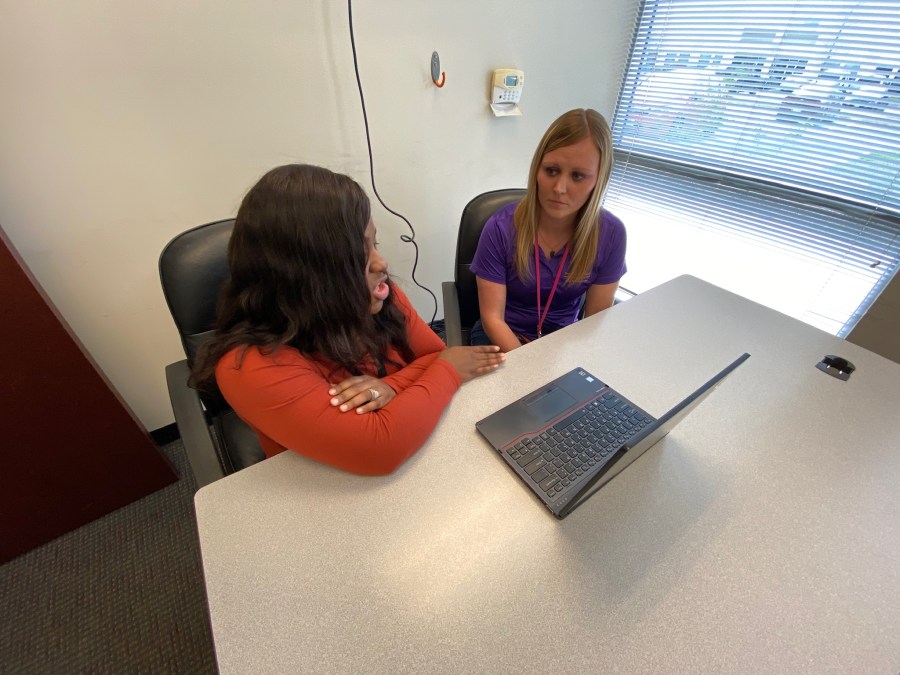AUSTIN (Nexstar) — Turnover in adult protective services (APS) caseworkers decreased almost 5%, the Texas Department of Family and Protective Services announced Monday.
Caseworker turnover fell from 25.2% in 2018 to 20.7% in 2019, and based on first-quarter data for the fiscal year 2020, turnover is projected to drop even more, the agency says.
APS caseworkers and front-line supervisors were given a $750/month raise, and that is the most significant reason for the decrease in turnover, the agency says.
“Our turnover was too high, particularly with our new workers, and when that happens our ability to serve clients is going to suffer,” said Kez Wold, associate commissioner of APS.
More than 40 caseworkers were hired and strategically assigned to areas of most need, and a mentorship program for new caseworkers was implemented at a statewide level, the agency says.
Desiree Womack joined the agency four months ago. She recently earned her Masters degree in social work and hopes to have a fulfilling career serving elderly and vulnerable adults. The mentorship program targets new employees like her.

“You never know what you’re going to walk into,” Womack said. “So, knowing that you have someone that can show you the ropes show you it you might what a typical day might look like or what the day that is unexpected will look like, it’s good.”
Kayla Grigsby is her mentor.
“I go visit her usually once a week sometimes even go over workloads with her make sure she’s on the right track,” Grigsby said.
“It’s helped keep down workloads, it’s help keep caseworkers here, it’s helped our clients, making sure we can get to our clients and take care of them,” Grigsby said.
The program was modeled after what Child Protective Services does for their caseworkers who are starting jobs in the field. Those chosen as mentors receive an extra monthly stipend for the six month assignment after passing an interview and test.
“We were spread too thin and couldn’t get workers hired, trained, and in the field fast enough. The job of an APS caseworker is difficult, it can be complex, and with higher salaries and a supportive mentorship program, our service to clients is much improved across the board,” Wold said.
More than half (50.8%) of caseworkers left within their first year on the job in 2018. This year, first-year turnover is projected to be around 31%, the agency said.
Of the 194 first-year workers who signed up for the mentor program, APS indicated 81 percent are still on the job.
Julie Karam, Andy Davis and Jackson Barton contributed to this report.
















